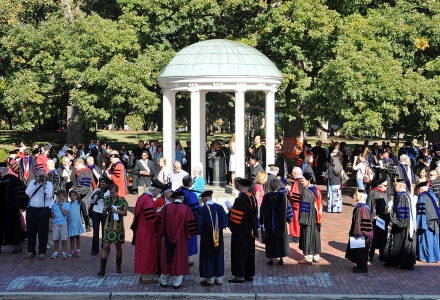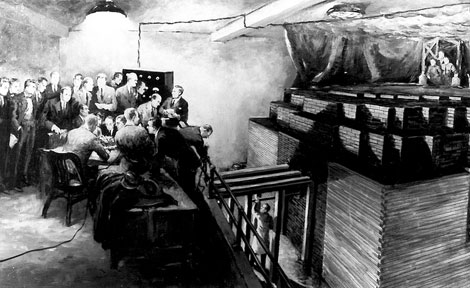At first glance, Wisconsin and North Carolina do not seem to have much in common. Brats vs. Barbecue. Football vs. Basketball. Cheeseheads vs. Tar Heels. North Carolina has 4 million more people than Wisconsin. North Carolina gets an average of 5 inches of snow per year. Wisconsin gets that much in November alone. Despite the differences between the states, they both have had one thing in common that has led substantially to the success of both both states: a great university system. Sadly, they also have something else in common these days: political leaders seemingly hellbent on destroying their great university systems. When reviewing the higher education policies in these states, you can easily see that both serve as a recipe to destroy a great public higher education system.

As much as (if not more than) nearly any public university system in the country, the University of North Carolina and the University of Wisconsin lifted their states socially and economically. Both are known for world class research and offering high quality education to their state’s population.
Moreover, both university systems have a long history of service to the state eschewing the Ivory Tower trend.
Simply put, UNC and UW have been models for a great public higher education system for generations.




